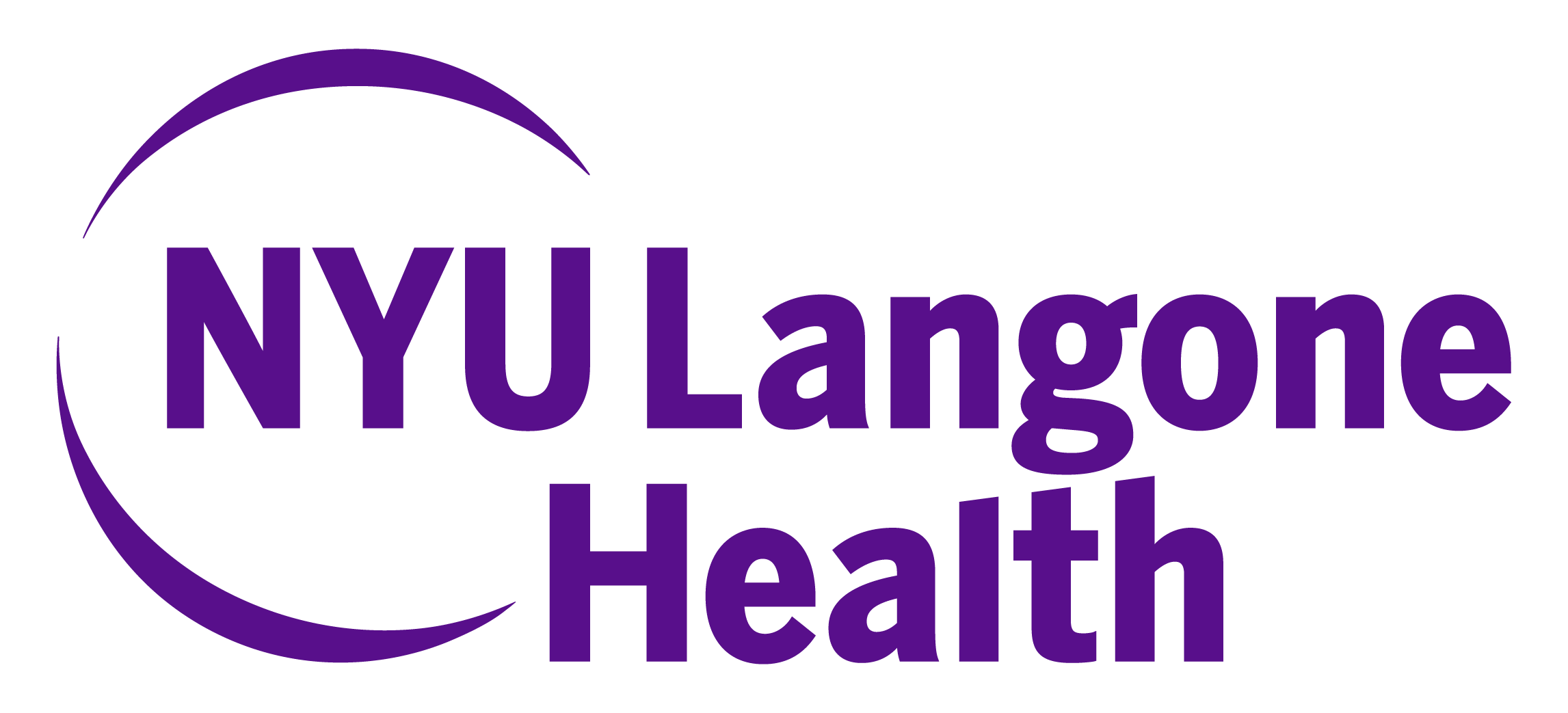- Advertise
- About OncLive
- Editorial Board
- MJH Life Sciences brands
- Contact Us
- Privacy
- Terms & Conditions
- Do Not Sell My Information
2 Clarke Drive
Suite 100
Cranbury, NJ 08512
© 2025 MJH Life Sciences™ and OncLive - Clinical Oncology News, Cancer Expert Insights. All rights reserved.
Dr Novik on Emergent Treatment Options in ER+ Breast Cancer
Yelena Novik, MD, discusses advancements and emerging trends that have been seen in the treatment of patients with advanced estrogen-receptor–positive breast cancer, citing clinical trials that have helped push the treatment armamentarium forward.
Yelena Novik, MD, professor, Department of Medicine, New York University (NYU) Grossman School of Medicine, NYU Langone Health, discusses advancements and emerging trends that have been seen in the treatment of patients with advanced estrogen-receptor (ER)–positive breast cancer, citing clinical trials that have helped push the treatment armamentarium forward.
Novik begins by saying that breast cancer oncologists take pride in the current state-of-the-art approaches available for the treatment of patients with ER-positive/ER-sensitive breast cancer. Collaborating closely with scientific colleagues, she states that investigators are fortunate to have explored novel pathways that significantly enhance the effectiveness of breast cancer treatment.
At an OncLive® State of the Science Summit™ on breast cancer, Novik gave a presentation centered on the management of advanced ER-positive breast cancer, denoting metastatic breast cancer. Over the years, oncologists have transitioned toward managing breast cancer as a chronic disease, and recent trials affirm this paradigm shift, she explains. Notably, patients diagnosed with ER-positive advanced breast cancer now have the potential to live for extended periods because of estrogen-directed therapies, Novik states.
Therapeutic advancements, such as tamoxifen, boast a nearly 5-decade history, and aromatase inhibitors have had a robust track record for over 2 decades, she expands. However, the ER-positive breast cancer treatment armamentarium has evolved dramatically in the past 7 to 8 years with the advent of cell cycle inhibitors, including CDK4/6 inhibitors.
The cell cycle inhibitor palbociclib (Ibrance) received FDA approval in 2015, a regulatory decision that was followed by investigation into other CDK4/6 inhibitors, she adds. Despite subtle differences in chemical structure and targeted cell cycle molecules between these agents, palbociclib, ribociclib (Kisqali), and abemaciclib (Verzenio) have demonstrated notable efficacy in prolonging progression-free survival based on the positive outcomes observed in the phase 3 PALOMA-2 (NCT01740427), MONALEESA-2 (NCT01958021), and monarchE (NCT03155997) trials, respectively, for patients with ER-positive breast cancer, Novik concludes.


